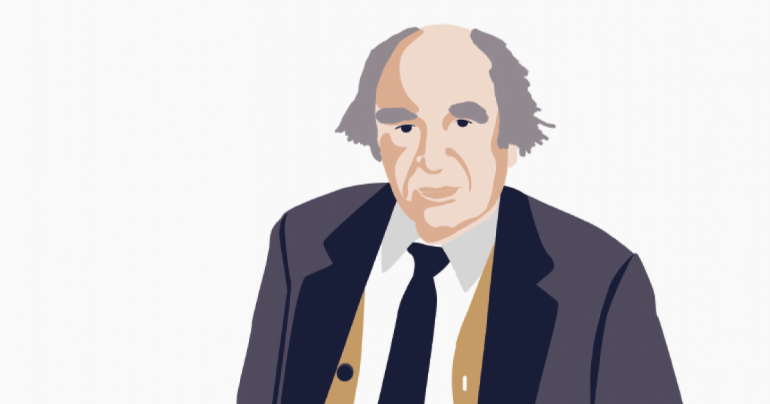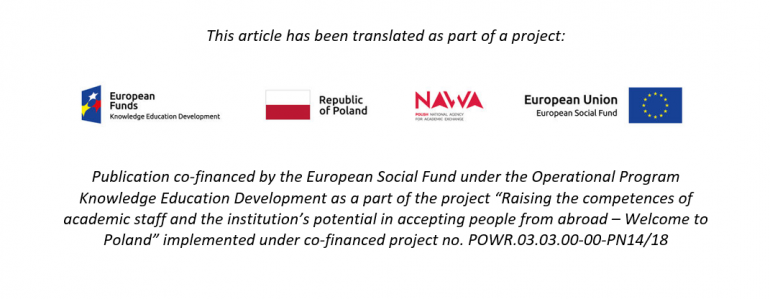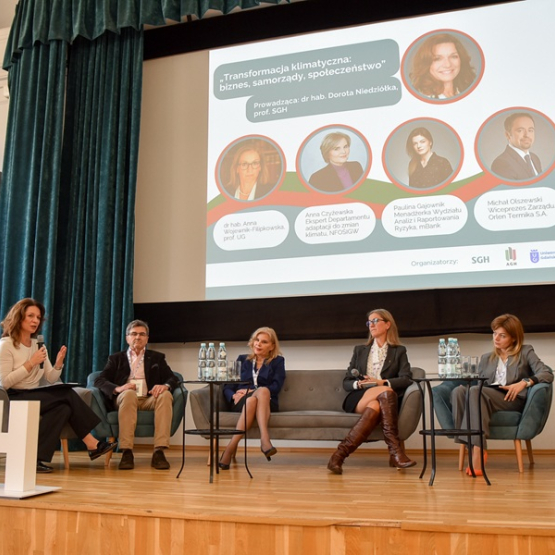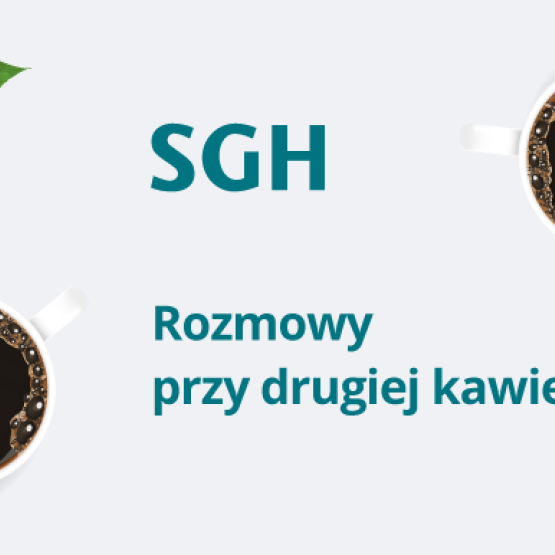
THE VII'th HURWICZ WORKSHOPS ON THE MECHANISM DESIGN THEORY.
Hurwicz Workshops, in memory of Leonid Hurwicz, the Nobel Prize winner in economics in 2007 for laying the foundations for mechanism design theory, were held for the seventh time in Warsaw (December 7-8, 2018). The topics of the workshops included, in particular, the theory mentioned above, and also the theory of economics, the game theory, the social choice theory, including their numerical and algorithmic aspects. The conference was organised in cooperation with the Institute of Mathematics of the Polish Academy of Sciences, the Faculty of Mathematics, Informatics and Mechanics of the University of Warsaw and the Collegium of Economic Analysis of SGH Warsaw School of Economics. The organisers of this year's workshops on behalf of SGH were dr hab. Łukasz Woźny and dr Michał Lewandowski.
This year's workshop was attended by about 50 people. We hosted scientists, from, inter alia, Australia, Austria, France, Japan, Great Britain, Italy, Germany, Norway and the USA. Young scientists had an opportunity to present their work at a poster session. The plenary lecture on Social Networks from a Designer’s Viewpoint was delivered by Fernando Vega-Redondo from the University of Bocconi in Milan. Professor Vega-Redondo is a world-renowned specialist in the field of complex social networks theory and game theory. He is the author of such books as: Complex Social Networks, Game Theory and Economic Applications, Evolution, Games, and Economic Behavior.
Leonid Hurwicz lived in Warsaw until 1938 and studied at the University of Warsaw. In Warsaw, in addition to studying the law, he also studied experimental physics, which (as he later stated in the interviews) provided him with necessary mathematical and statistical foundations to study economics. His passion was also playing the piano. The negotiations of young Hurwicz with the secretariat of the London School of Economics (where he later studied economics) regarding the repertoire and the permitted hours of playing the piano are anecdotal. During his long professional career, Hurwicz worked at many leading universities in the USA, including the universities of Minnesota, Illinois, Chicago, Harvard, MIT, Berkeley and Stanford University. In the 1990s he often returned to Poland. In 1994, SGH Warsaw School of Economics conferred the title of doctor honoris causa upon Leonid Hurwicz and nowadays a special plaque commemorates his contacts with our university.
… if I had a son interested in economics, I would send him to study at SGH Warsaw School of Economics with a clear conscience.
A quote from a conversation with prof. Leonid Hurwicz published in ‘Gazeta SGH’ (No. 6, 15 May 1994)
Leonid Hurwicz is valued for his contribution to the formalised and mathematical approach to economic analysis. The vast area of his interest includes the work with the Nobel Prize winner Kenneth Arrow, which deserves special mention, on non-linear programming and research on decentralisation and information efficiency of economic systems. From today's perspective, a 1960 article entitled Optimality and Informational Efficiency in Resource Allocation Processes seems pioneering. There is a book I recommend to the readers Designing Economic Mechanisms (Hurwicz L., Reiter S., Cambridge University Press 2006).
The subject of effectiveness in Hurwicz's research began to evolve over time into research into the possibilities of decentralisation and implementation of desired economic allocations. In his Nobel lecture he asked the intriguing question: ‘Who will guard the guardians?’ - quoting the well-known maxim of Juwenalis, he asked about the stability of the rules of the market game and economic institutions themselves.
DR HAB. ŁUKASZ WOŹNY, prof. SGH, Department of Quantitative Economics, Collegium of Economic Analysis SGH
In 2009, shortly after Leonid Hurwicz was awarded the Alfred Nobel Prize, a group of scientists from Warsaw (prof. Łukasz Stettner, prof. Aleksander Strasburger, prof. Tomasz Szapiro) together with prof. Jan Werner from Minnesota took the initiative to organise a conference dedicated to the memory of Leonid Hurwicz – this was the beginning of the Hurwicz workshops whose tradition continues to this day (workshops take place approximately every two years).
In previous years, plenary lectures were given by prominent guests during the workshops, including, inter alia: the Nobel Prize Winner Eric Maskin (Harvard, 2010), the Nobel Prize Winner Roger Myerson (Chicago, 2011), and also: Ramon Marimon (EUI Florence, 2012), Martin Hellwig (Max Planck Institute, 2014) or Walter Trockel (Bielefeld University, 2016).




